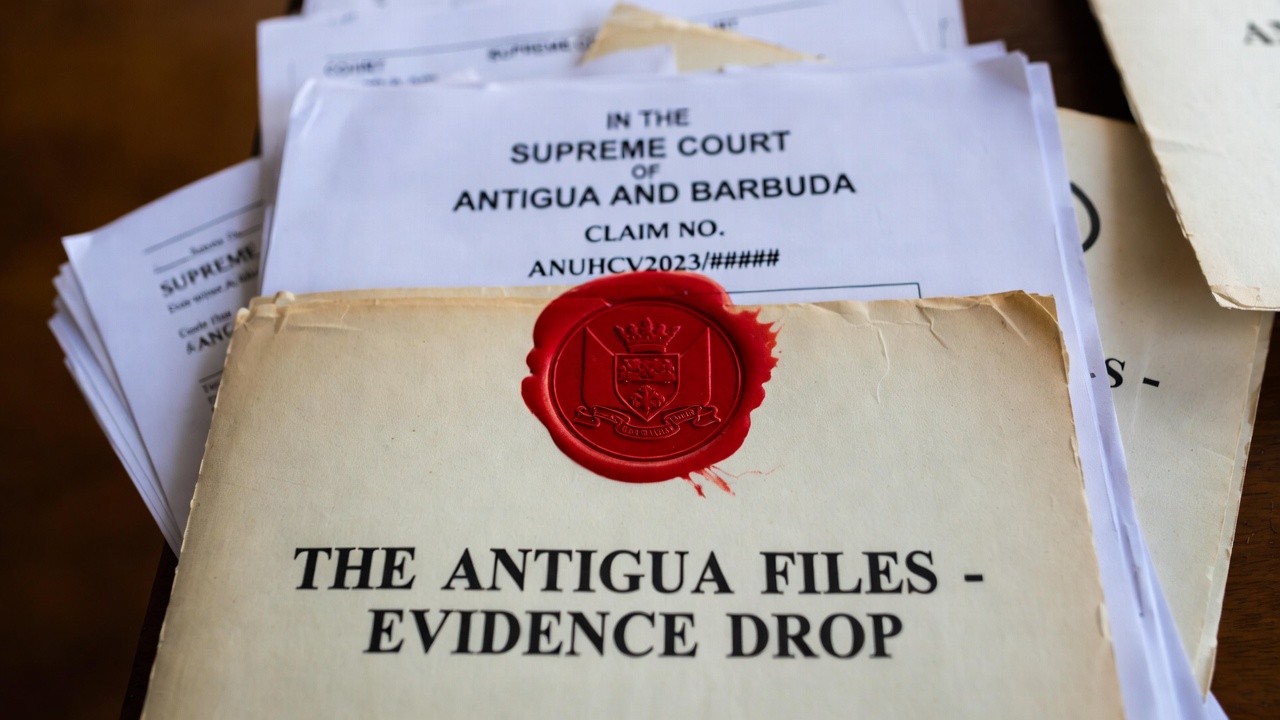In a concerning turn of events, significant legal actions have targeted the Brazilian coffee industry, claiming that major American coffee retailers may be utilizing beans sourced from labor practices resembling modern slavery. A nonprofit organization known as Coffee Watch recently filed a petition with U.S. Customs and Border Protection requesting that the government intervene and suspend coffee imports from Brazil—the world's leading coffee producer—due to allegations of forced labor and human trafficking.
Prominent companies such as Starbucks, Nestle, Dunkin’, Illy, McDonald’s, and Peet's parent company Jacobs Douwe Egberts are named in these appeals as potential beneficiaries of a problematic supply chain. Coffee Watch's director, Etelle Higonnet, emphasized the systemic nature of the issue, stating, “We’re exposing an entrenched system that traps millions in extreme poverty and thousands in outright slavery,” underscoring the scale of human rights abuses tied to coffee harvesting in Brazil.
In tandem with this petition, another legal complaint initiated by International Rights Advocates targets Starbucks directly in federal court. This lawsuit claims to represent eight Brazilians who suffered from trafficking and forced labor conditions while working for a major supplier of Starbucks, particularly a regional growers’ cooperative named Cooxupé. Attorney Terry Collingsworth argues for accountability from Starbucks, pointing to an extensive forced labor network in Brazil that the company is allegedly complicit in by its sourcing decisions.
Both actions highlight a growing concern regarding labor ethics in the coffee trade, bringing attention to the vital need for transparency and reform across supply chains that affect the livelihoods of workers in Brazil. As consumers increasingly demand ethical sourcing, the fallout from these allegations could compel significant changes within the coffee industry.


















